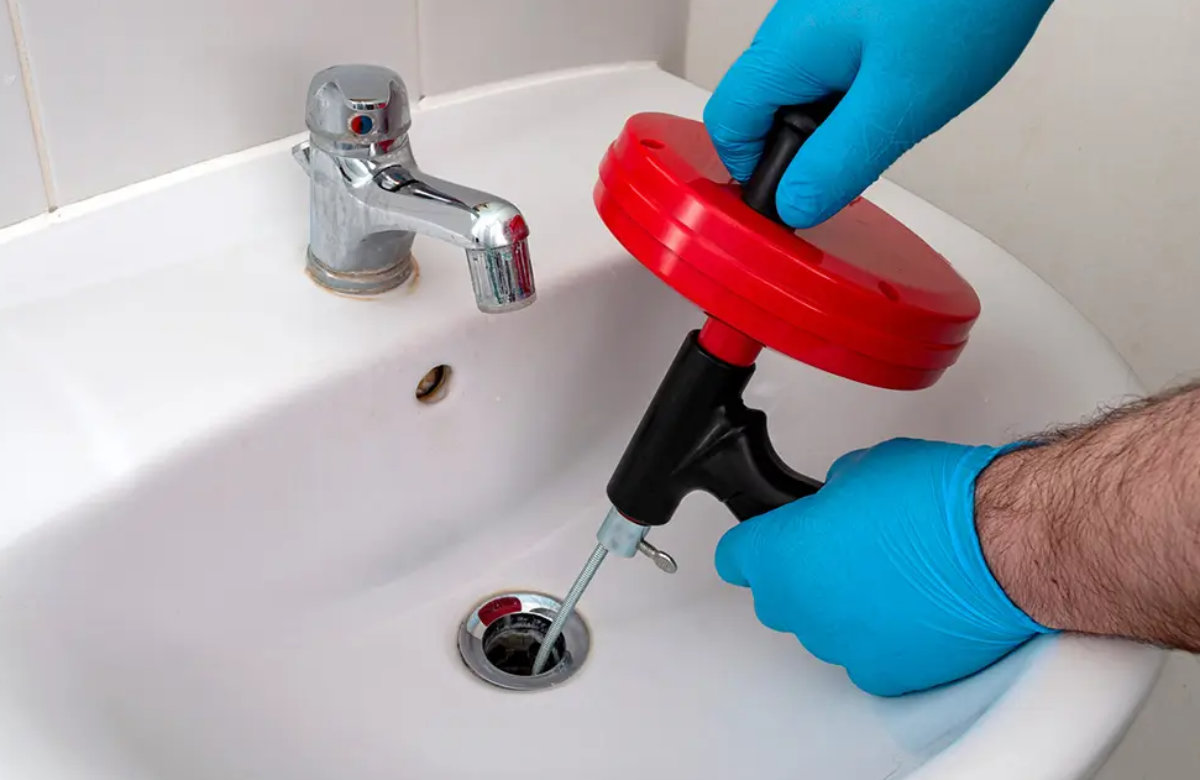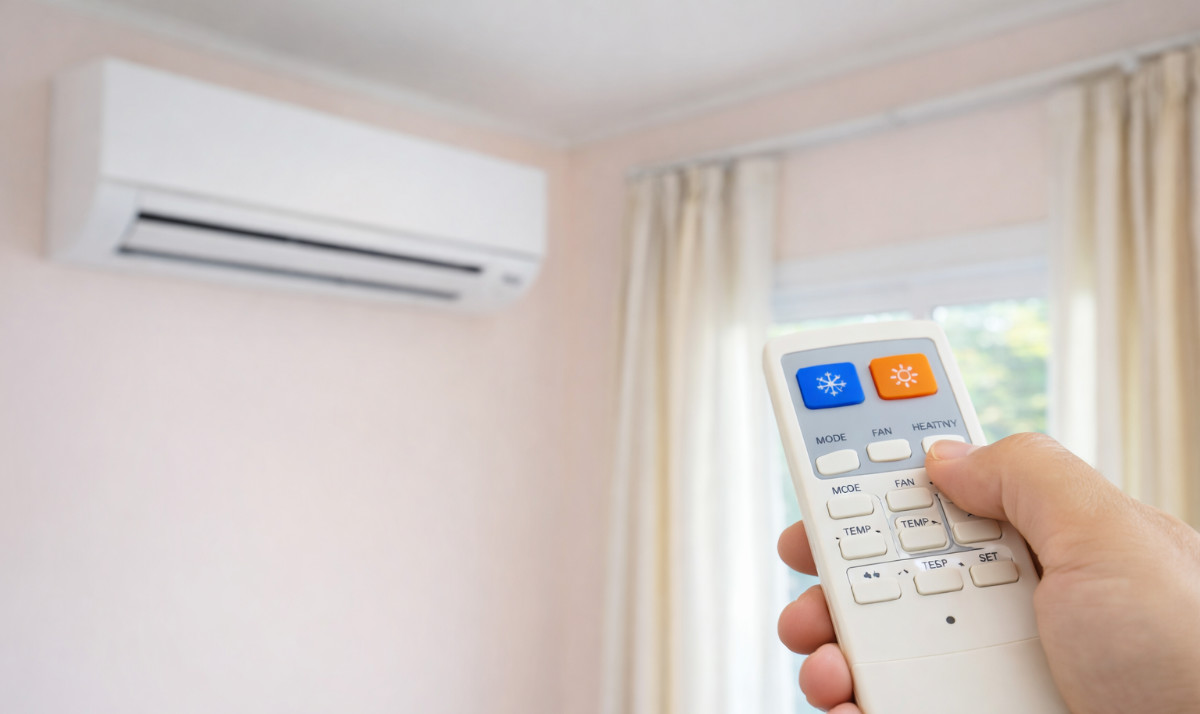If you’ve ever had the power go out in one part of your home and found yourself fumbling for the electrical panel, you’ve probably come face-to-face with either a fuse box or a circuit breaker. They both serve the same purpose, protecting your home’s electrical system, but the way they do it and the convenience they offer are worlds apart.
For many Portland and Dallas homeowners, the question comes down to this: should you stick with fuses, or is it time to make the switch to modern circuit breakers? With safety, efficiency, and even insurance coverage on the line, it’s a topic worth understanding in 2025.
What Circuit Breakers and Fuses Actually Do
At their core, both circuit breakers and fuses act as gatekeepers for your home’s wiring. Their job is to protect your electrical system from overloads or short circuits that could otherwise cause overheating or even fires.
When too much current flows through the circuit, a fuse or breaker “trips” to stop electricity from passing through. This protects your appliances, lighting, and outlets from being damaged.
The difference lies in how they respond:
- Fuses melt when overloaded, breaking the circuit permanently. They need to be replaced every time they blow.
- Circuit breakers switch off automatically and can be reset with the flip of a switch.
In other words, both are safety devices, but circuit breakers are reusable and far more convenient.
The Pros and Cons of Using Fuses
Fuses have been around for well over a century, and for older homes in Portland, they might still be part of the electrical setup. They’re simple, reliable, and inexpensive. But they’re also outdated by modern standards.
Let’s break it down.
Advantages of fuses:
- Affordable and easy to find.
- React very quickly to overloads.
- Simple design with fewer moving parts.
Disadvantages of fuses:
- Must be replaced after every trip.
- Prone to user error (installing the wrong size fuse can be dangerous).
- Not designed for today’s power demands.
- Can make electrical upgrades and inspections more difficult.
For homes with advanced appliances, HVAC systems, and smart technology, fuses just don’t offer the protection or flexibility that modern living requires.
Why Circuit Breakers Are the Modern Standard
Most homes built after the 1970s came equipped with circuit breakers instead of fuses, and for good reason. They’re easier to use, safer, and built to handle the higher electrical loads of today’s homes.
Circuit breakers don’t need replacing when they trip, which makes them much more convenient for everyday use. They also provide better protection against modern electrical hazards, especially when paired with ground-fault (GFCI) and arc-fault (AFCI) technology.
Here’s why homeowners prefer circuit breakers:
- Easy to reset after a trip, no replacement needed.
- Compatible with newer home electrical systems.
- Support GFCI and AFCI protection.
- Allow for easy electrical panel upgrades.
- Meet current safety codes and insurance requirements.
If your electrical panel still uses fuses, switching to circuit breakers isn’t just an upgrade; it’s an investment in your home’s safety and value.
Signs Your Home May Need an Electrical Panel Upgrade
If your home still relies on fuses, or if you’re constantly flipping breakers, it might be time to take a closer look at your electrical system. The electrical panel is the heart of your home’s wiring, distributing power to every room, appliance, and light fixture. When it’s outdated or overloaded, it can cause recurring problems that go beyond simple inconvenience.
Here are a few signs it’s time to consider an upgrade:
- Frequent tripped breakers or blown fuses.
- Flickering lights when multiple devices are running.
- Warm or buzzing electrical panel.
- Outlets or switches that spark or feel hot.
- New appliances or additions that strain your system.
If you notice any of these warning signs, an inspection from a licensed electrician can help determine whether your home needs a panel replacement or wiring update. Electrical panel upgrades not only increase safety but can also improve energy efficiency and resale value.
Safety Considerations: Fuses vs. Circuit Breakers
Electricity isn’t something to take lightly. Both fuses and circuit breakers are designed to protect you, but circuit breakers are more reliable when it comes to modern safety standards.
The biggest concern with fuses is human error. If a fuse blows, some homeowners might replace it with the wrong amperage rating, creating a potential fire hazard. Circuit breakers remove that guesswork since each one is already rated for the circuit it controls.
Another key difference is how they handle advanced safety features. Modern breakers can be equipped with GFCI and AFCI technology, which detects issues like electrical arcs or ground faults, problems that old fuse boxes simply can’t catch.
If you live in an older Portland home with fuses, upgrading to a modern breaker panel could prevent dangerous situations like:
- Overheated wiring.
- Electrical fires are caused by overloads.
- Damaged outlets or fixtures from surges.
A small upgrade today can prevent a major safety risk tomorrow.
The Cost and Convenience Factor
Let’s talk practicality. Fuses might seem cheaper at first glance, but they can actually cost more in the long run. Every time one blows, you need to replace it—and if you use the wrong one, you risk damaging your system.
Circuit breakers, on the other hand, are built for repeated use. Resetting a breaker takes seconds, while replacing a fuse can mean digging through drawers, unscrewing caps, and hoping you have the right size on hand.
Here’s a quick comparison:
- Fuses require manual replacement every time they blow.
- Circuit breakers only need to be reset.
- Fuses can cause longer downtime during outages.
- Breakers are faster, safer, and easier to maintain.
In a world where our homes run on everything from high-efficiency HVAC systems to EV chargers and home automation, circuit breakers simply make more sense.
Upgrading Your Fuse Box: What to Expect
If you’re thinking about switching from fuses to circuit breakers, you’re not alone. Many Portland and Dallas homeowners with older homes have made the transition in recent years as part of a broader effort to modernize and improve home safety.
An electrical panel upgrade typically includes:
- Removing the old fuse box.
- Installing a new breaker panel.
- Inspecting and upgrading the home’s wiring if needed.
- Labeling each circuit for convenience.
- Ensuring the system meets modern electrical codes.
The process is handled by licensed professionals who can assess your current setup, make recommendations, and handle all permits and safety inspections. The result? A safer, more efficient home that’s ready for today’s electrical demands.
And if you’re already considering other electrical improvements, like upgrading outlets or switches, adding outdoor lighting, or improving your home’s wiring, it’s the perfect time to bundle those updates for maximum value.
Maintenance and Long-Term Care
Once you have circuit breakers installed, regular maintenance is minimal but important. Schedule routine inspections every few years to check for loose connections, corrosion, or aging components. If you notice flickering lights, a buzzing sound from the panel, or breakers that frequently trip, call a professional before it turns into a major issue.
For homeowners with older fuses, professional electrical services can help you keep things safe while you plan for an upgrade. A licensed electrician can ensure your fuse box is clean, correctly rated, and not overloaded, until you’re ready to replace it altogether.
Even small updates like replacing worn outlets or switches or checking your home’s lighting load can make a big difference in overall safety and efficiency.
Call Sunset Today for Safe and Reliable Electrical Services
If you’re not sure whether your home is using fuses or circuit breakers, or if you’re thinking about upgrading your electrical panel, our team at Sunset Heating & Cooling can help. We offer professional electrical services throughout Portland, Dallas, Beaverton, Vancouver, Tualatin, Lake Oswego, and neighboring cities, helping homeowners stay safe, efficient, and up to code.
Our licensed electricians handle everything from electrical panel upgrades to troubleshooting wiring and replacing outdated systems. With over a century of trusted service behind us, we bring the same level of care, honesty, and craftsmanship to every job.
Call Sunset Heating, Cooling, Electrical & Plumbing today or schedule online to book your electrical inspection. Let’s make sure your home is safe, reliable, and ready for the future.






